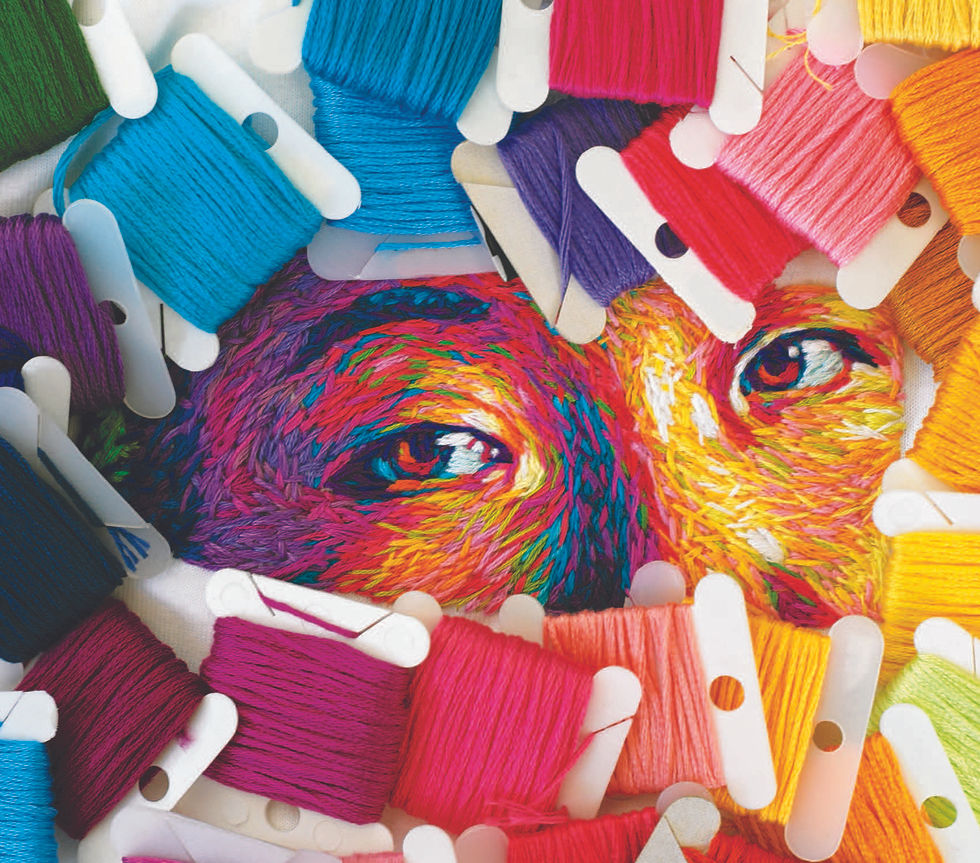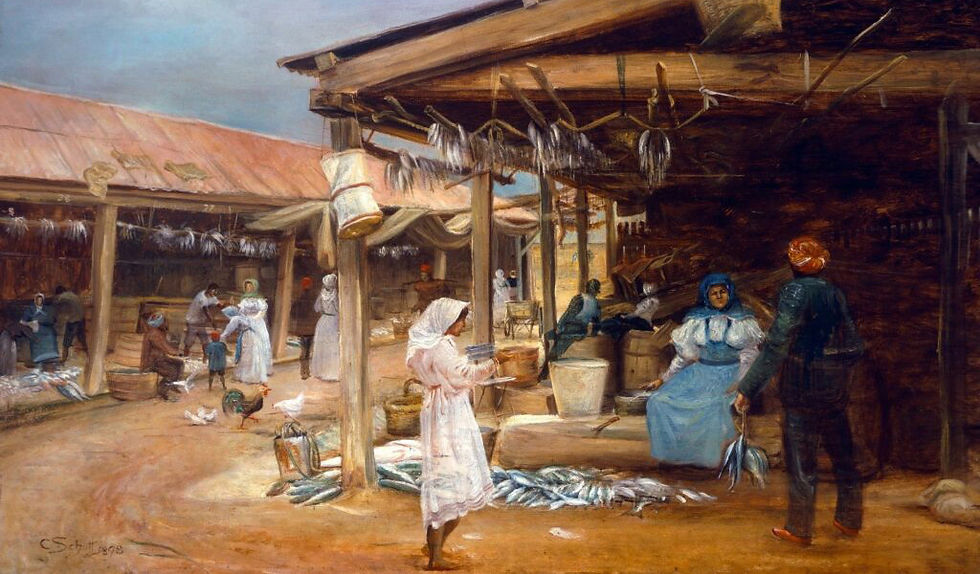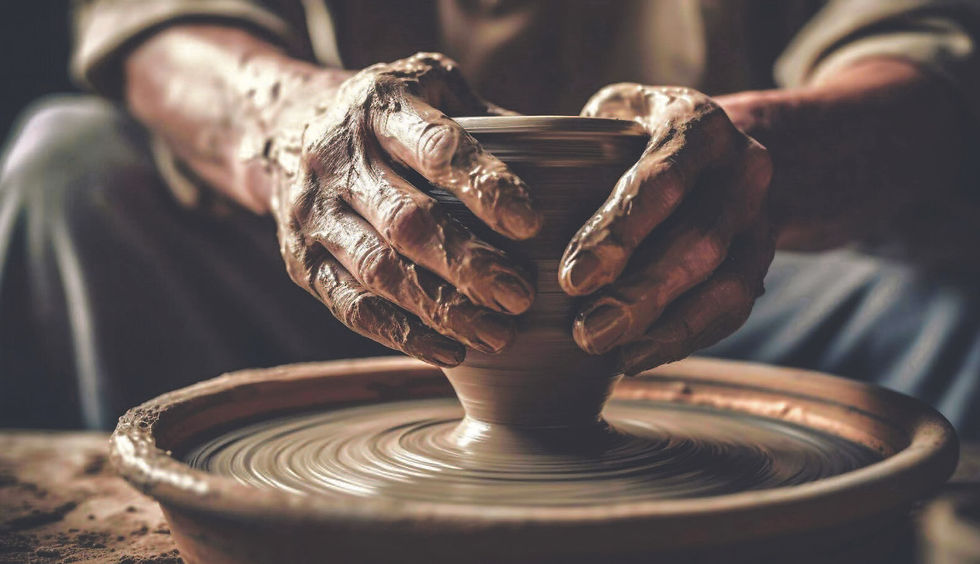A Woman's Work: Women's Day in South Africa
- miainza
- Aug 9, 2022
- 3 min read
It's a Herculean task to sit down and write a blog about Women's Day in South Africa when you are, in fact, a woman in South Africa. To fail to recognise and celebrate the bravery and power of the 20 000 South African women who marched to parliament in 1956 would be folly. To rejoice in being a woman in light of the acts of sexual violence which took place at the Kurgersdorp mines just last month feels hollow, to say the least.
Women's Month in South Africa is a challenging time to be a content writer for hire. Hundreds of brands roll out sickly saccharine marketing campaigns which insist on celebrating the innate power of women by giving us...15% off our next cappucino. This time of year feels like a month-long tampon commercial: all cheerleading and, not under any circumstances, no closer look at any real blood.
The moralistic failure of glossing over the realities of living as a woman in South Africa is not one that I feel like I have to expound upon. It's a near-wordless, shared knowledge. Women and femme people swap stories about leery Uber drivers and streetwalkers like young men swap rugby scores. The experience is not just anecdotal, though. It is reflected in the institutional makeup of our country.
Although the median fluctuates, in 2022 South African women are earning 65 cents to every Rand a man makes. The gender pay gap is as real here as it is in so-called first-world countries, with one fundamental difference: nearly 38% of South African households depend on the income of these women to survive. Effectively, South African women work twice as hard as men do for half the pay.
What is also interesting to note, however, is that South Africa is home to such a high number of women-led businesses. According to The CEO Magazine, more than half of South African women identity as entrepreneurs. Here are some of our personal favourites:
Tatenda Woven Baskets is run by Precious and her husband, Richard. When the season is right for it, they are selling their beautiful, handwoven goods just outside of De Waal Park in Cape Town.

Amy Ayanda is a local artist who produces stunning oil paintings. Her prints are a bright and welcome addition to any room they are hung in, too.

When Yui Keeping left Thailand, she had prepared for a life as a nurse. However, in South Africa, she built a small business as a talented seamstress. Now, Wanida Boutique is recognised in high-end magazines for her elegant, playful, and eccentric designs.

Musician and artist Jaime Boon only started her journey as a nail artist a little over two years ago. Now, her books are full and the entire country has eyes on her astounding talent. Follow Nails By Boon to watch her inevitably soar to international standards.

Mother-daughter duo Betina and Kelly launched the fashion-forward label Me&B because they recognised that there was a gaping niche in the market for tasteful, beautiful clothing that fit South African women of every shape and size. Since their launch, they've opened two beautiful stores in Johannesburg and Cape Town.

A blog is not going to close the pay gap. At this rate, that will only happen in 136 years. But what I can do is link some local, women-led businesses. Put your money where your mouth is, South Africa! Ditch the tampon commercial pathos and empower women with cold, hard cash.
We don't want R4,50 off of our morning coffees. We want tangible, institutional change which effectively protects us and prosecutes our predators. We want equal pay in the workplace, equitable approaches to maternity and care leave, and universal childcare.
From this snapshot into the entrepreneurial landscape of South Africa, it looks like women are taking over the economy. When you aren't busy advocating for the changes described above, consider supporting a women-led business. If anyone is going to change the workplace, it's these women - and they'll do it in style, too.




Comments